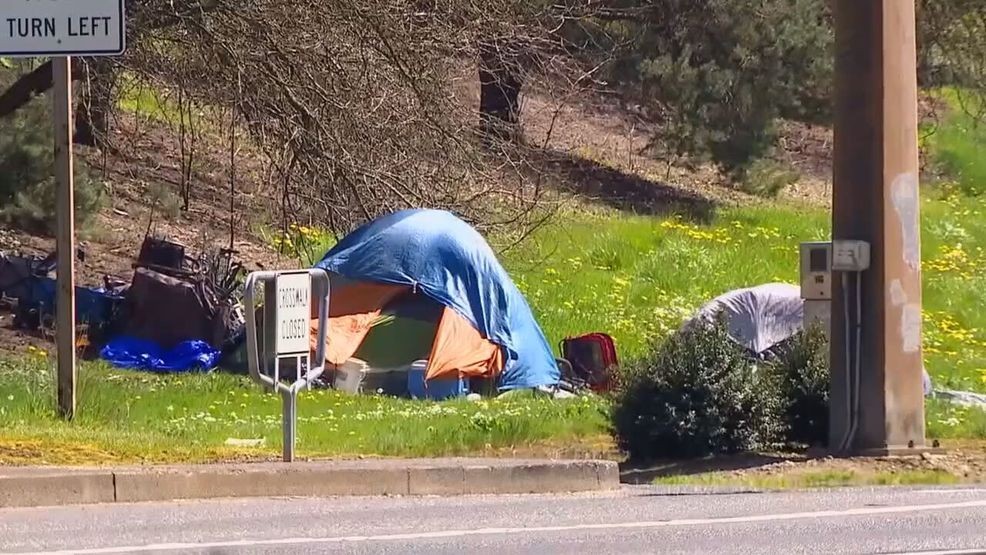HARRISBURG, Pa. (WHP) — Two Pennsylvania state lawmakers are getting ready to propose a bill they say will decriminalize homelessness in the Commonwealth.
Lancaster County Representative Ismail Smith-Wade-El is teaming up with Philadelphia State Senator Nikil Saval. They are proposing pieces of legislation for each chamber.
Rep. Smith-Wade-El said the goal of the legislation is to change the narrative surrounding homelessness.
“I really think that our legislation is designed to move the whole conversation on the path to, what are the services we can provide people to get them back to housing or to a home or to shelter,” said Rep. Smith-Wade-El.
If passed, supporters said the bill would allow unhoused people to conduct life-sustaining activity in public when there are no reasonable, alternative options for housing are available. They said it will require municipalities to provide adequate indoor spaces for people experiencing homelessness before the municipality can enforce any ordinance that criminalizes living outside.
Rep. Smith-Wade-El argues that providing those services will save counties and the Commonwealth money. He said it’s often times more expensive to have somebody incarcerated, than it is to provide homelessness services.
The lawmakers said they came up with the bill after the 2024 U.S. Supreme Court ruling in the City of Grants Pass v. Johnson case which found that city ordinances that criminalize homeless encampments do not violate the Eighth Amendment of the Constitution.
Opponents of that ruling have said it criminalizes people who are poor.
This bill comes after controversy surrounding Harrisburg’s “Tent City” encampment, after it was recently moved for a PennDOT project.
“Criminalizing individuals or families for being homeless condemns the unhoused to an unending cycle of heavy fines, arrests and incarceration, perpetuating their poverty and exacerbating the larger social crisis,” said Smith-Wade-El. “We’ve introduced the Shelter First Act in a fierce rejection of the denigration of the unhoused and a profound belief that our communities are stronger and safer when everyone’s dignity and rights –including their right to a place to place to sleep — are respected.”

